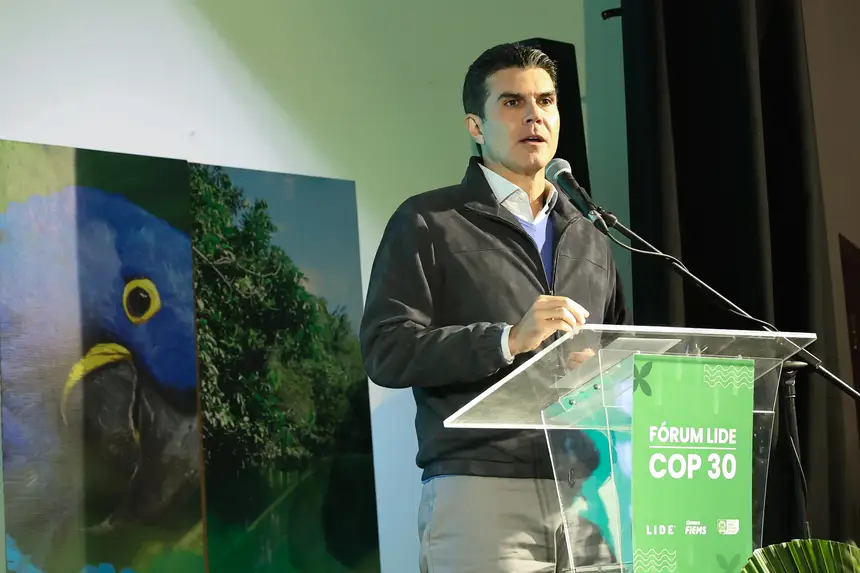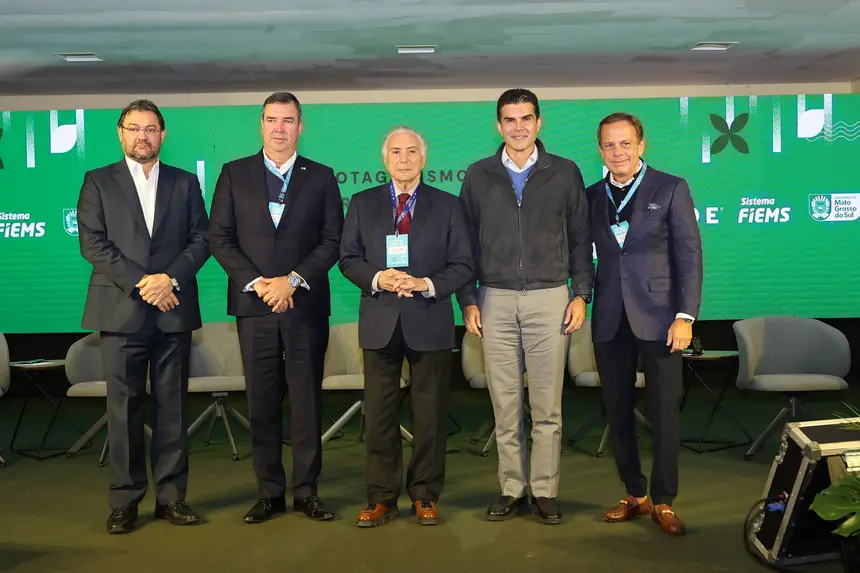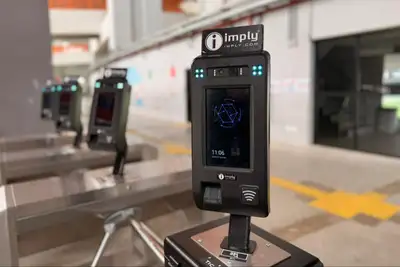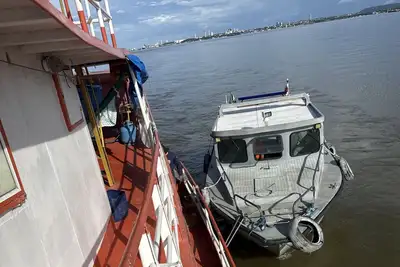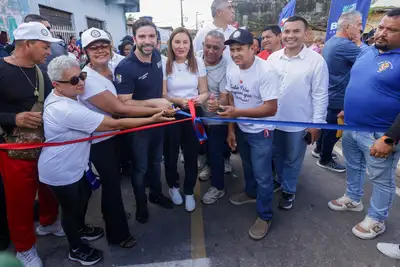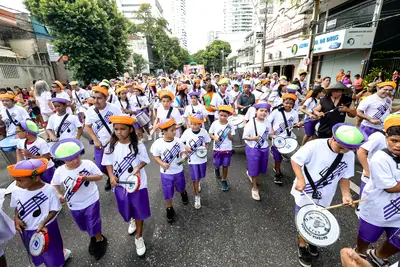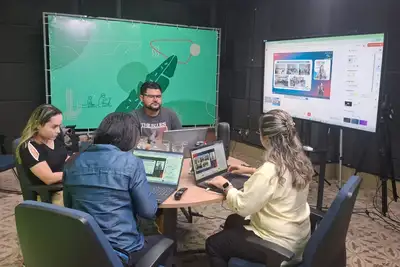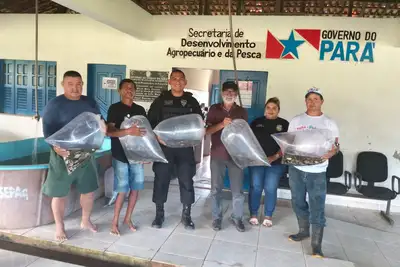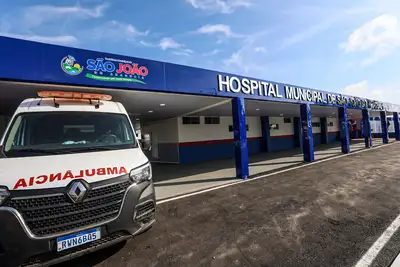‘We will only have climate justice if we have social justice,’ says Helder Barbalho at forum on COP30 in MS
The governor participated in an event that brought together business leaders, experts, and authorities to discuss Brazil's leadership in the UN conference
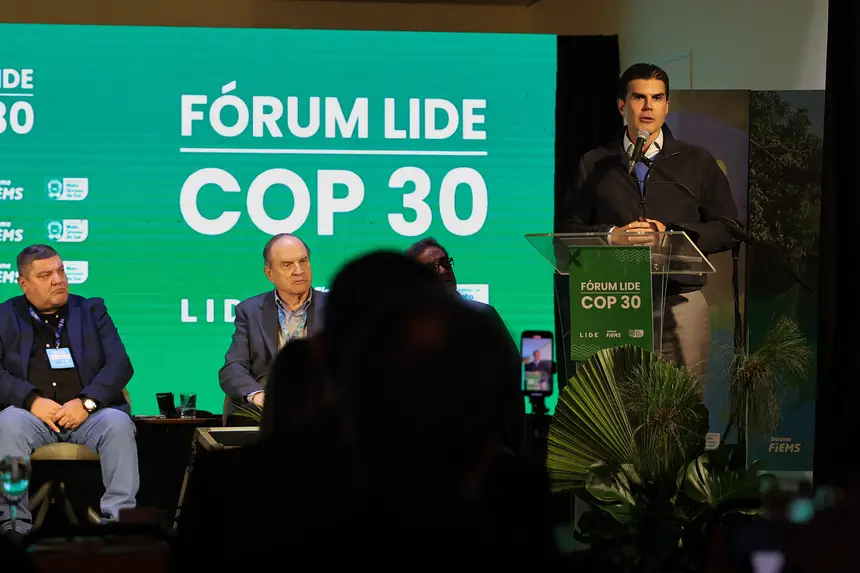
The governor of Pará, Helder Barbalho, argued that Brazil and the world will only achieve climate justice if they ensure conditions for social justice through inclusive and participatory public policies. The governor cited examples of initiatives implemented by Pará, built on these premises, this Friday (30), during the Lide COP30 Forum, held in the municipality of Bonito, Mato Grosso do Sul.
The event brought together business leaders, experts, and authorities to discuss Brazil's leadership at the 30th United Nations Climate Conference, which will be held in the capital of Pará in November this year.
The governor opened his speech highlighting Pará's pioneering role in implementing the Amazon Bioeconomy and Innovation Park, which will be delivered in the second half of this year, and reinforced the importance of initiatives that keep the forest alive.
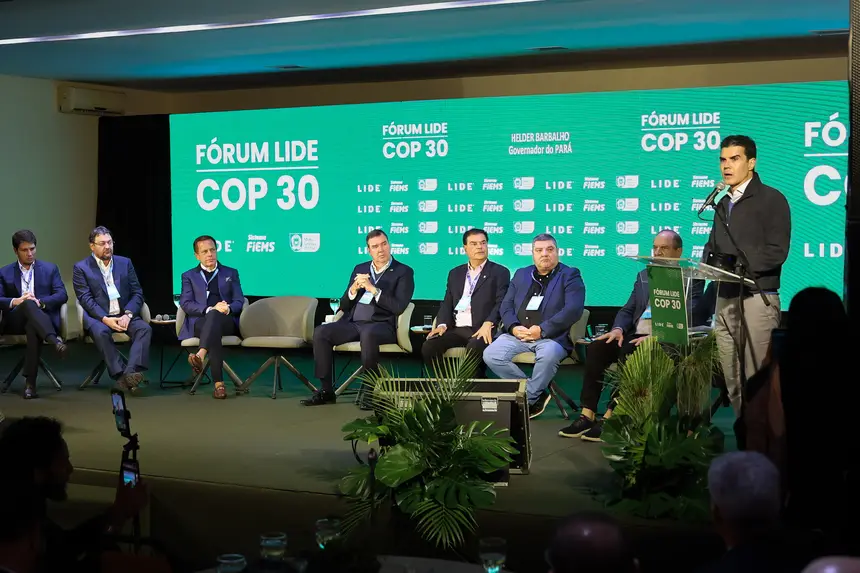
“We want to boost the bioeconomy as one of the pillars of the green economy in Pará,” he stated. “At the same time, we are developing the carbon market strategy, with the Jurisdictional REDD+ Plan, essential for the energy transition and emission reduction. The whole world is seeking to meet its targets, and we are prepared to offer solutions.”
Another highlighted point was the concession of the Triunfo do Xingu Recovery Unit in Altamira for reforestation. “Brazil will not meet its NDCs just by zeroing deforestation. It is necessary to restore areas that have already been degraded. And Pará leads this process with the country's first restoration concession, made at B3. There are 10,000 hectares granted for 40 years, where the private sector will carry out reforestation, carbon capture, and forest management,” he emphasized.
The governor also addressed the traceability of livestock as one of the fundamental challenges to reduce emissions. “Ninety-six percent of Pará's emissions come from land use, mainly from livestock. We cannot criminalize an activity that is Brazil's vocation. Therefore, we adopted individual traceability of the herd, from birth to slaughter, and we project that by the end of 2026, 100% of Pará's livestock will be traced.”
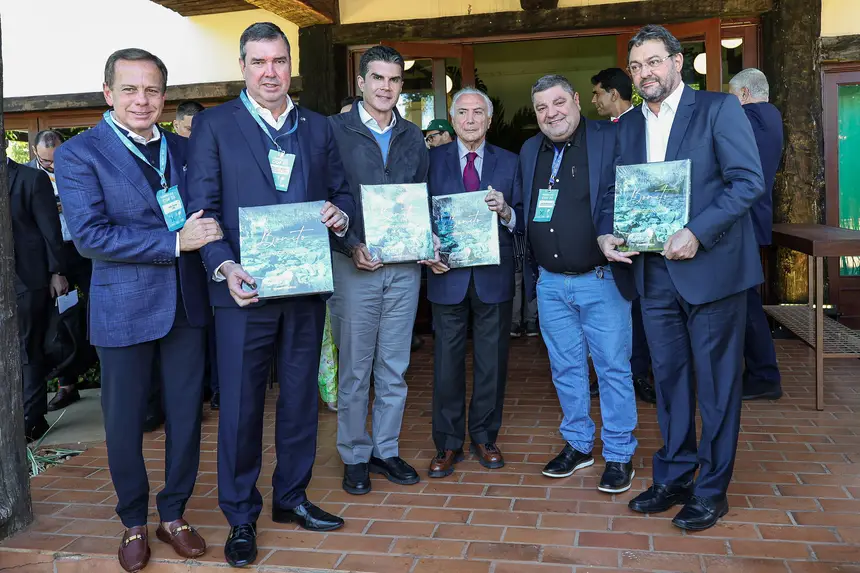
He cited as an example the recently established partnership with Carrefour. “Carrefour, which until recently was at the center of discussions about possible embargoes on Brazilian meat, now prioritizes the purchase of meat from Pará, precisely because of the credibility of our traceability program,” he highlighted.
For the governor, this economic, environmental, and social transformation needs to be recognized internationally. “We cannot be seen as the only ones responsible for climate stability while local societies pay this bill. The Amazon is central to climate balance, but there are 29 million people living there who need jobs, income, dignity, and quality of life,” he argued.
“We will only have climate justice if we have social justice. Caring for people is essential to build a development model that involves those who live in the Amazon and in Brazil,” emphasized Governor Helder.
Michel Temer, former president of Brazil, expressed confidence in the progress of preparations for the COP in Belém, highlighting the work done by the government.
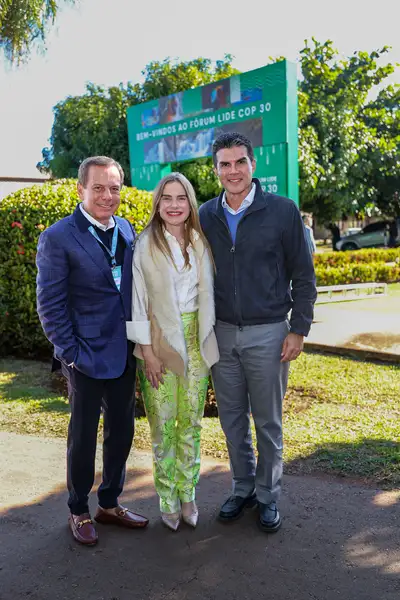
“Helder Barbalho has often been with me, talking about all the preparations he is making in Belém do Pará to welcome the world, because the whole world will be in Brazil, particularly in the State of Pará, in November this year. And I feel very calm. When I hear Helder Barbalho, I see that the State is very well prepared to host COP30. Secondly, I always tell Helder Barbalho that the State of Pará, at this moment, is a driving force for preservation, conservation, and the enhancement of the environment in Brazil and the world,” said the former president.
Helder Barbalho participated in the opening panel alongside Eduardo Riedel, governor of Mato Grosso do Sul; João Doria Jr, co-chairman of Lide; José Mail Rodrigues, mayor of Bonito; Aurélio Rocha, president of Lide MS; João Dória Neto, president of Lide; Luiz Fernando Furlan, chairman of Lide; Nelsinho Trad, senator, and Sérgio Longen, president of the Federation of Industries of the State of Mato Grosso do Sul (Fiems).
The event also featured the participation of names such as Izabela Teixeira, former Minister of the Environment of Brazil, and Henrique Meirelles, former Minister of Finance of Brazil.
Accommodation at COP30 - Regarding accommodation during the event, the governor mentioned the main advances that have been implemented in this regard.
“We are talking about an event that should generate around 50,000 people over the 12 days, with the historical record from Baku, the last COP, showing that 24,000 people entered the event on the main day. From this, we conceived hospitality strategies that range from the renovation and modernization of existing hotels in Belém,” he stated.
Helder Barbalho also mentioned attracting new hotels, partnerships with seasonal accommodation platforms, in addition to the construction of a Leaders' Village.



